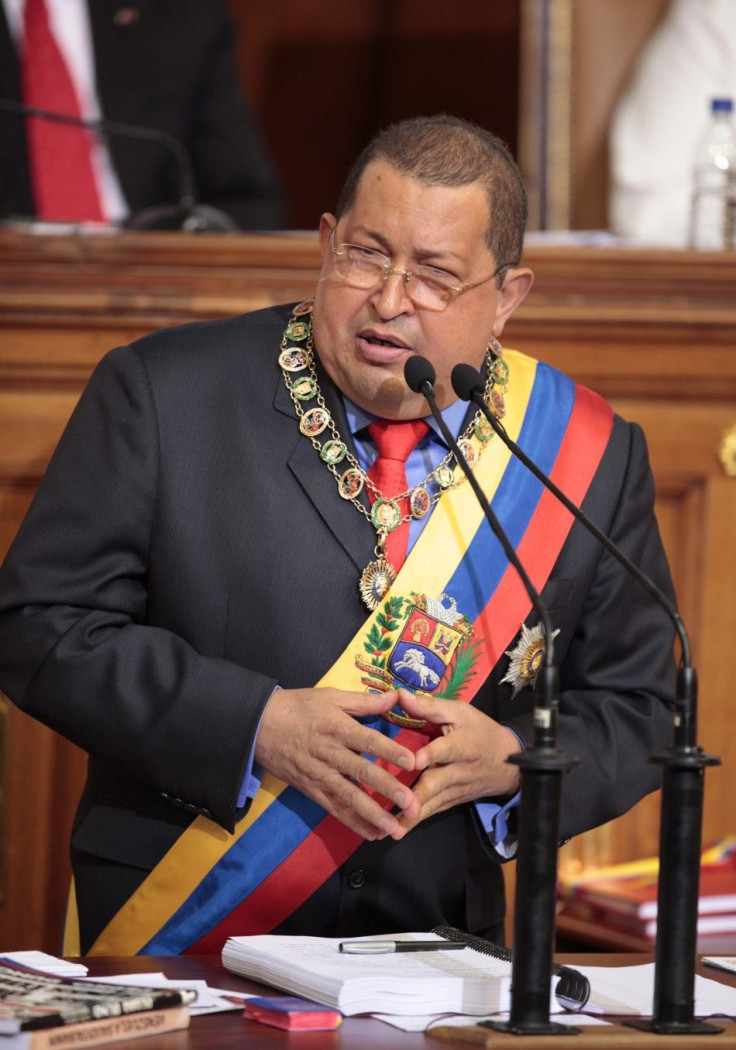Venezuela Oil Minister Confirms Nation's Exit from Arbitration Body

Venezuela's oil minister has begun the process of withdrawing from the international body that will arbitrate the oil-rich nation's disputes with corporations whose assets it has nationalized.
Last week the nation's head of state, Hugo Chavez, said Venezuela would withdraw from the International Center for Settlement of Investor Disputes (ICSID), a part of the World Bank, rather than participate in its arbitration of a case being brought by ExxonMobil.
ExxonMobil is seeking billions, but a recent decision by the International Chamber of Commerce ruled more in Venezuela's favor, ordering the country's state-run oil company to pay ExxonMobil $908 million, a sum just above the company's book value of its former assets in the Orinoco Basin.
Oil Minister Rafael Ramirez on Sunday confirmed his country's intention to exit the ICSID.
But whether or not the country can get away from paying any further reparations as determined by the world bank remains to be seen.
James Carter, co-chair of the International Arbitration and Cross-Border Dispute Resolution Group and partner at the law firm Dewey & LeBoeuf, told the International Business Times in a Jan. 11 interview that a country with an oil industry, like Venezuela, will have a much harder time insulating its financial assets from court orders.
Since the country has money overseas, ExxonMobil could go after those assets to make up for any funds the country is withholding.
At the end of the day, these disputes get resolved, Carter said.
The Wall Street Journal reported a Bank Of American Merrill Lynch research note estimated the two settlements, including the one pending with the World Bank, would roughly total $7 billion, the amount the company is seeking.
The newspaper reported the country's withdrawal would have little to no impact on the arbitration's proceedings.
© Copyright IBTimes 2025. All rights reserved.





















